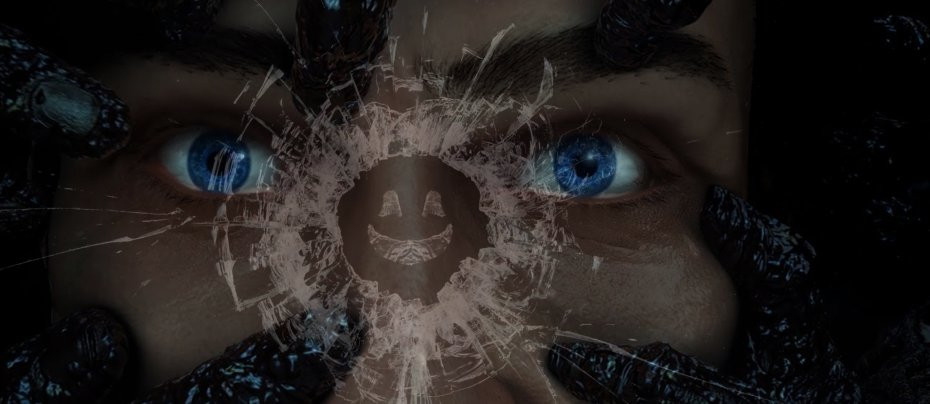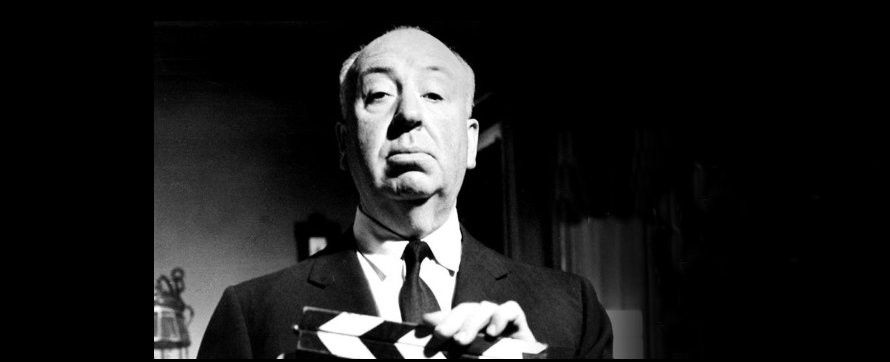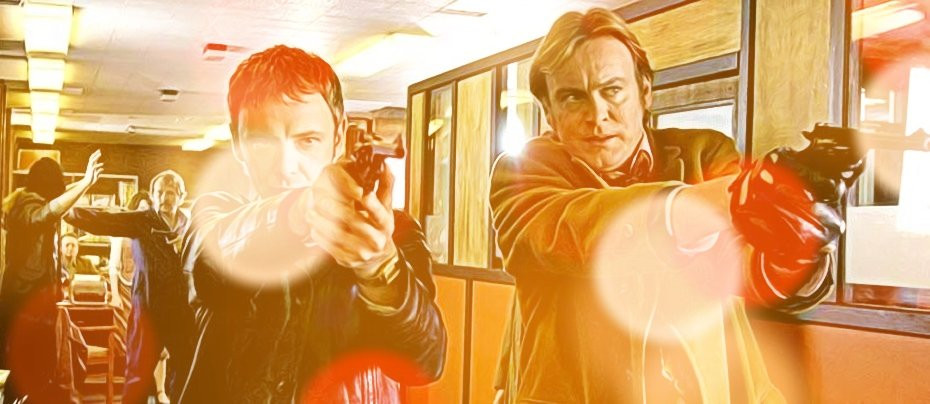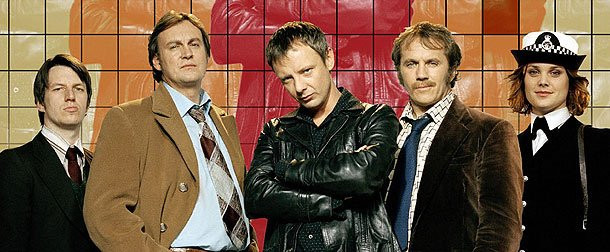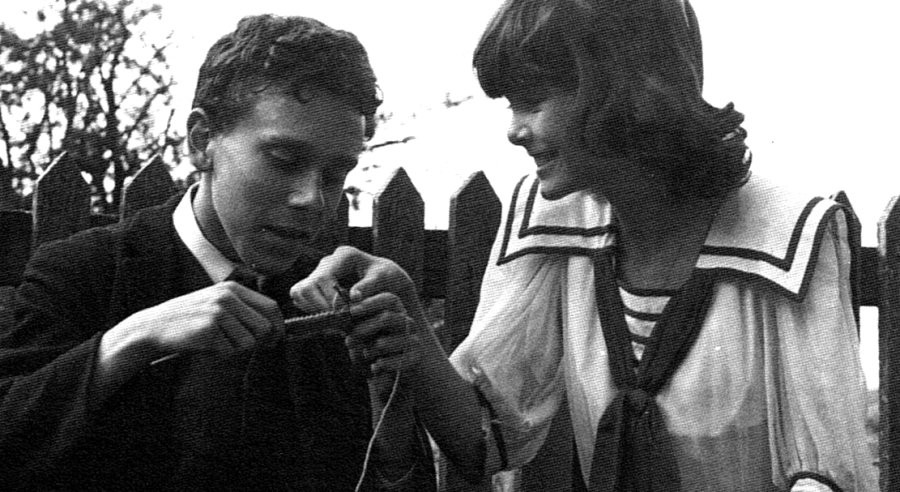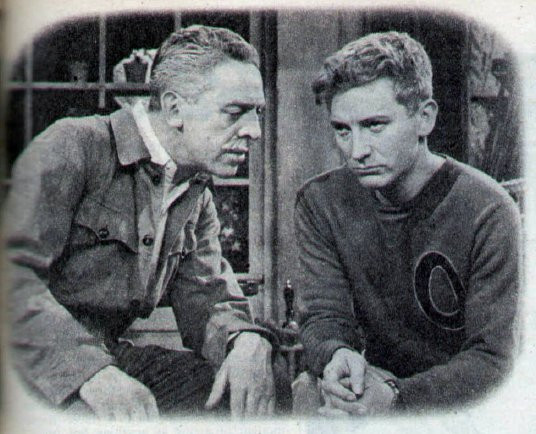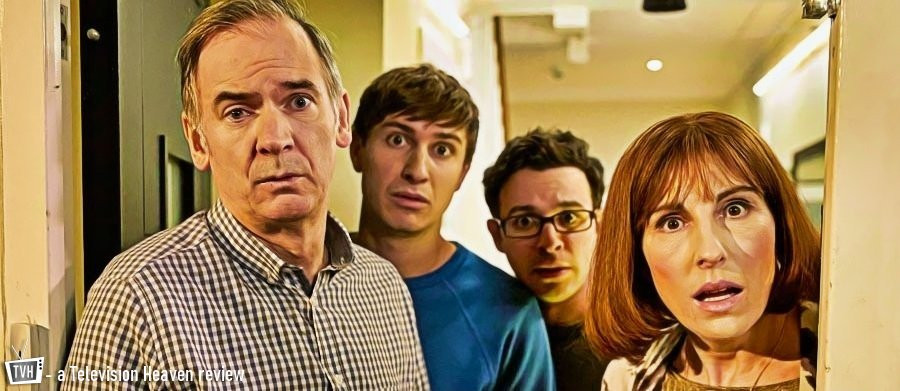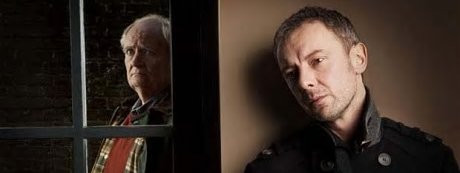
Exile
2011 - United KingdomNowadays, I make a point of looking out for media that portrays Alzheimer's. Books, news, seminars - TV series such as Exile used to be few and far between, but the spectrum is improving and personal experience has now made me yearn to see such awareness, for such a heartbreaking disease.
Whenever I've tried to explain such fascination to someone, most don't understand. They say the disease isn't widespread enough, doesn't affect as many people, as something like The Big C. In comparison to something like Cancer, they're right. But, and no disrespect to the illness, as it truly is terrible, but it already gets enough media attention, and has a dozen charities in its honour. And what people tend to forget is that, nowadays, the majority of people who get cancer no longer die of it. Or, at least, they have a reasonable chance of fighting it. New cures are coming out all the time.
With Alzheimer's, it's an automatic death sentence. As soon as diagnosis is made, it is terminal - you will die of this. Worse still, it's slow; those closest to you will spend years living with and caring for someone who looks like you (mostly, until you forget to eat), talks like you (mostly, for what can be understood) but isn't you. Your personality, memories and the way you act are forever changed, forever deteriorate, with no chance of a cure. Yes, there's drugs, but they only slow the progress, don't mask the symptoms.I'm not saying any of this for sympathies' sake, but I don't apologise for it sounding harsh. No-one ever talks of it - like its taboo. That's why I was so glad to see the advert for Exile, on the BBC. And made a point of watching it.
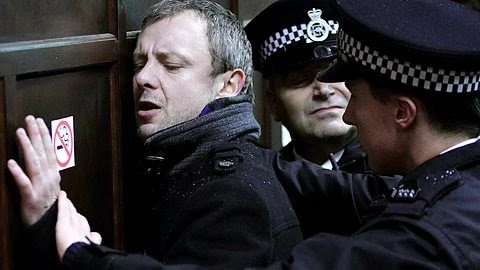
Basically, it was a brilliant show, with a stellar cast. John Simm played his usual bad boy to perfection, and Jim Broadbent playing his Alzheimer's-ridden father was genius casting. I genuinely hope the show gets a nomination. Ok, so the storyline as a whole may have been slightly far-fetched, depending on what view you take, but it was entertaining and brilliantly played. One of the best moments for me was in the final instalment - John Simms' character, Tom Ronstadt, watching a video on his laptop (I won't give any more away, it's a pivotal moment), and his reaction to what he is seeing. Truly wonderful acting.
The best thing was, Alzheimer's was not the focus of the story, but the very important backdrop to it. Tom Ronstadt, having failed his life in London as a gossip journalist and lost everything, has no choice but to go home. Back to his sister, who is caring for his estranged father - estranged when he left 18 years ago, after Sam Ronstadt (Jim Broadbent) viciously attacked Tom. Wanting to know why such an assault happened, Tom tries to question his father and, as they say, the plot thickens. One thing I can entirely empathise with, and I think was played very well, is Tom's frustration.
With an Alzheimer's sufferer, even with the disease at the forefront of your mind, there's a tendency to assume the sufferer is the same person as before, and that you can interact with them in a normal way. You can't. There's good and bad days, (as emphasised at the beginning by Tom's sister, Nancy). When Tom wants answers, or even a decent conversation, he finds this hard to handle. It's common of those around a sufferer, such frustration. They say and do things that may anger or frighten you - become violent, for example, or aggressive, as seen in Exile - and your instant reaction is to fight back. After all, if someone angered or insulted you, you would argue with them, wouldn't you? You would defend yourself and your loved ones. But if the person responsible IS a loved one, it becomes difficult. Especially if it's perfectly reasonable to suggest that they don't know what they're doing. Or, even if they do, they don't remember 30 seconds later, and are left looking mildly confused at your anger or tears. The thing that's so easily forgotten is that an Alzheimer's patient's brain is NOT normal, not like yours. Therefore applying your logic, reasoning or even thinking to their behaviour tells you precisely nothing. There are never any answers, not explicit ones, just more and more questions.
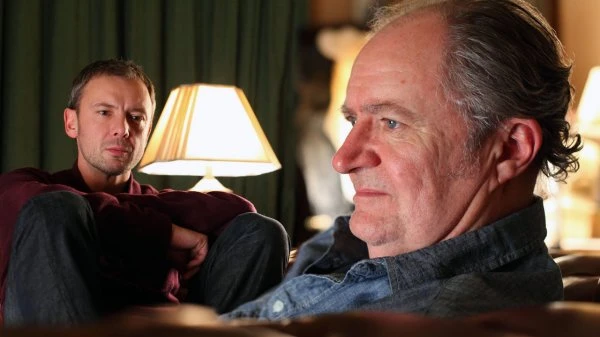
This point is something I think that Exile highlights perfectly. Tom struggles with his relationship with his father; sometimes resenting him for the attack years previously, and for being such a burden to his sister Nancy; and in another instant, realising that none of the above is this man's fault, as he is not the Sam Ronstadt Tom grew up with. This confusion leads to occasional angry outbursts and other, much more caring scenes where you see Tom changing into a decent person, another area of expertise for Simm. There is also a splattering of humour at the disease, which is wonderful and much needed in such serious times - such as Sam undoing the buttons of the shirt Tom has just put on him, or going for a jog in his underwear. The delicate balance has been struck perfectly, and appreciated by both those with and without Alzheimer's experience. I'll say again, none of this is for personal gratification. I just wanted to explain the Alzheimer's situation, and convey how well this series has portrayed it. Whilst many people are full of pity, mutter condolences and grumble at the unfairness of the world ("Such a shame, mate, such a shame. Terrible disease. Must be awful for you, seeing them like that"), it's so taboo that no-one really seems to know. Again, why series' such as this are so important - awareness is everything. After all, those suffering from Alzheimer's don't have that awareness. So we have to.
I think, in all honesty, it's best summed up by Tom Ronstadt, in one of the final scenes of the show. Tom is sitting next to his father Sam, talking to what appears to be someone lost in thought - or lack of them and he holds up some family photos for his father to see. With each one, he points Sam out with "That man is you." Then, he stops. "You're not that man anymore," he says matter-of-factly.
Exactly my point.
Seen this show? How do you rate it?
Seen this show? How do you rate it?
Published on December 10th, 2018. Review: Claire Williamson (2011).


